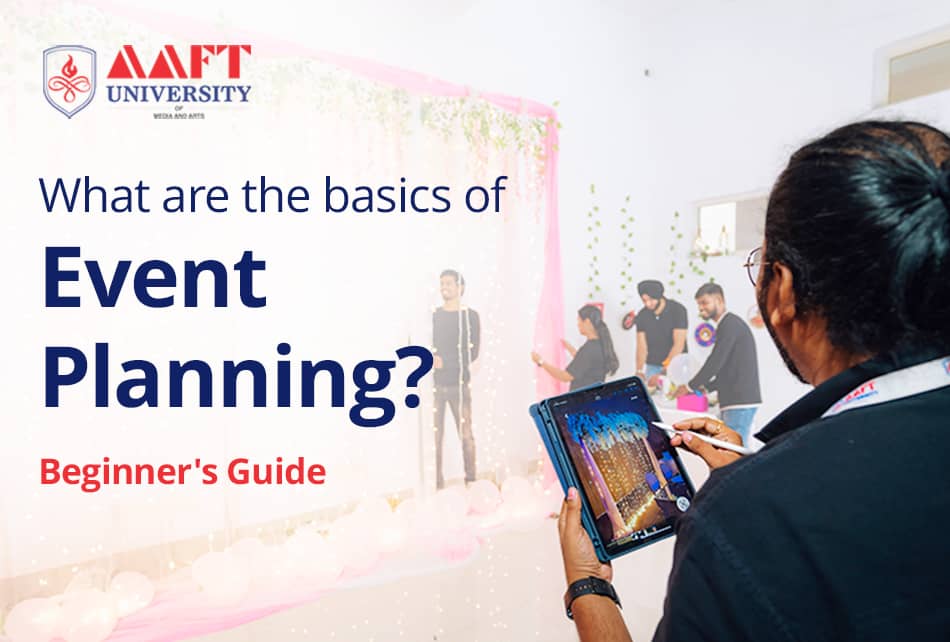Are you fascinated by the world of event planning? Do you dream of organizing memorable and successful events? Event planning is an exciting field that requires a combination of creativity, organization, and attention to detail. In this beginner’s guide, we will explore the basics of event planning, equipping you with the essential knowledge and skills to embark on your journey as an event planner. Whether you are a student with a passion for event management or simply curious about the field, this article will provide you with valuable insights to get started.
Define the Event Objective
Every event begins with a purpose. Start your event planning by properly defining the main objectives of the event. Define if it’s a corporate conference, a wedding, or a charity fundraiser. Understanding the purpose will help you set the tone, determine the target audience, and guide the overall planning process.
Create a Budget
Budgeting is a crucial aspect of event planning. Determine the available resources and allocate them wisely across different elements such as venue, catering, decorations, and entertainment. Keeping track of expenses and ensuring they align with the budget will help you stay organized and avoid overspending.
Select a Suitable Venue
The venue sets the stage for your event. Consider crucial factors such as location, g
For a detailed overview of becoming an event planner, refer to our Event Manager Career Guide
Plan the Event Timeline
Create a detailed timeline that outlines all the necessary tasks leading up to the event. Break down the planning process into manageable steps, set deadlines, assign responsibilities and clearly communicate the whole process to your team. A well-planned timeline will serve as a roadmap, helping you stay organized and ensure that all aspects of the event are executed smoothly and on time.
Coordinate with Vendors and Suppliers
Events often require the involvement of various vendors and suppliers, such as caterers, decorators, audiovisual technicians, and entertainment providers. Research and select reliable and experienced professionals in each category. Maintain clear communication, negotiate contracts, and coordinate logistics to ensure seamless execution of their services.
Plan for Contingencies
It’s common to get some unforeseen circumstances arising during an event, no matter how careful you have been in your planning. So, always prepare for contingencies by creating backup plans and anticipating potential challenges. Having alternative options for vendors, equipment, and venues can help you navigate unexpected situations and ensure the event continues smoothly.
Execute a Marketing and Promotion Strategy
Effective marketing and promotion are essential to attract attendees to your event. Utilize various channels such as social media, email marketing, and traditional advertising to create buzz and generate interest. Craft compelling messages, use eye-catching visuals, and engage with your target audience to maximize attendance and create a memorable experience.
Click here to discover the top event management skills needed for success
Conclusion
As you delve into the world of event planning, remember that success lies in careful planning, attention to detail, and effective execution. By understanding the basics of event objective setting, budgeting, venue selection, timeline creation, vendor coordination, contingency planning, and marketing strategies, you can lay a strong foundation for your career as an event planner. So, embrace your passion for event management, continuously learn and adapt, and get ready to create memorable and extraordinary experiences that leave a lasting impact.
